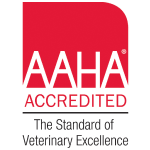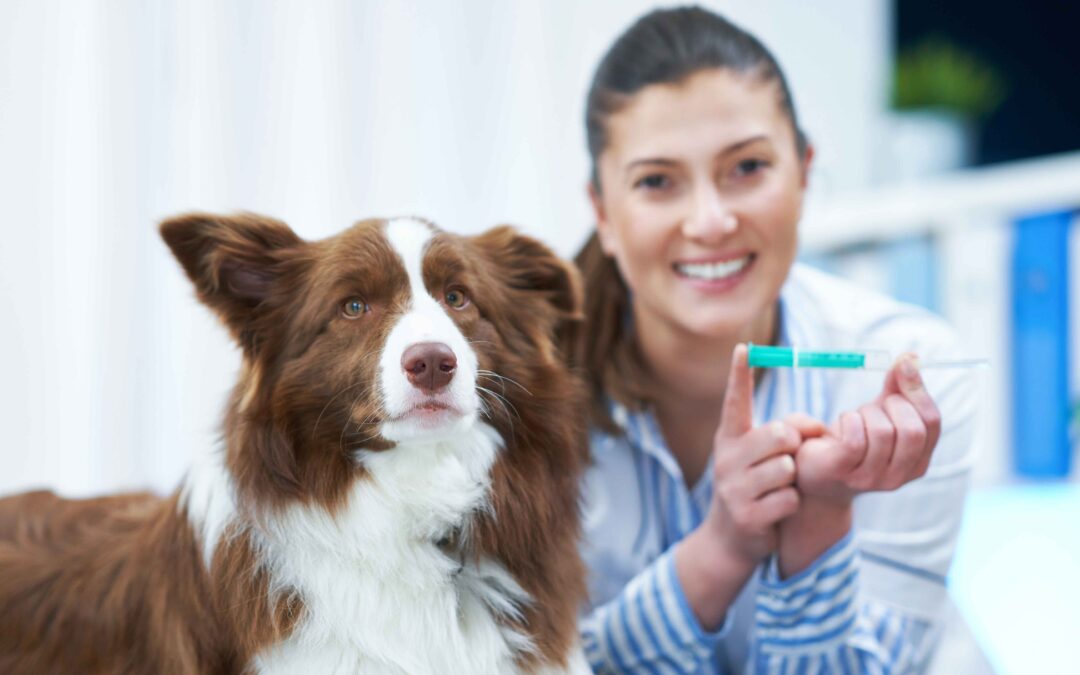Every August, National Immunization Awareness Month encourages families to check in on important vaccines—not just for kids, but for pets too. For dogs and cats, staying current on vaccinations does more than protect against illness; it ensures a longer, healthier life with the people who love them.
If you’re unsure whether your pet is up to date on their shots, this is the perfect time to check with your local vet. In Bloomington, MN, South Hyland Pet Hospital is here to help you stay on track with personalized vaccine schedules for both dogs and cats. Whether your pet is just starting their life or entering their senior years, immunizations play a big role in their long-term health.
Why Vaccinating Your Pet Still Matters—Even Today
Many of the diseases we vaccinate pets against—like rabies or parvovirus—are still seen by veterinarians across Minnesota. Just because these illnesses are less common doesn’t mean they’re gone. Vaccines are the reason we don’t see them more often.
Here’s how vaccines help:
- They build your pet’s immunity before exposure occurs
- They prevent the spread of contagious diseases to other animals and even people
- They save you money by avoiding costly emergency care for preventable illnesses
Some vaccines, like rabies, are legally required in Minnesota. Others, like distemper or feline leukemia, are important to your pet’s long-term wellbeing—even if they stay indoors. That’s why a personalized plan is so important.
Core vs. Lifestyle-Based (Non-Core) Vaccines
Vaccines are generally divided into two categories:
- Core vaccines are recommended for all dogs and cats regardless of lifestyle. These include:
- Dogs: Rabies, distemper, parvovirus, adenovirus
- Cats: Rabies, panleukopenia, herpesvirus, calicivirus
- Lifestyle-based (non-core) vaccines are recommended based on your pet’s environment, travel habits, and exposure risk. These might include:
- Bordetella (kennel cough) for dogs who visit daycares or boarding facilities
- Leptospirosis for dogs that hike, swim, or visit rural areas
- Feline leukemia for cats that go outdoors or live with other cats
Our veterinarian will recommend the right combination of vaccines based on your pet’s lifestyle.
Vaccine Schedules by Age: Puppies, Kittens, Adults & Seniors
Vaccination isn’t a one-and-done event. Pets need booster shots at regular intervals throughout life to stay protected.
Puppy & Kitten Vaccine Schedule
Puppies and kittens start their first vaccines at 6–8 weeks old. Boosters are given every 3–4 weeks until about 16 weeks of age. These early vaccines are critical because young animals are the most vulnerable.
Typical vaccines in this stage include:
- Puppies: DHPP (distemper, hepatitis, parvovirus, parainfluenza), Bordetella, rabies
- Kittens: FVRCP (feline viral rhinotracheitis, calicivirus, panleukopenia), feline leukemia, rabies
Adult Dogs & Cats
After the initial puppy/kitten series, adult pets require boosters—usually annually or every three years, depending on the vaccine and local laws. Routine boosters help maintain immunity and ensure continued protection.
Senior Pets
Even older pets benefit from vaccinations. Their immune systems may weaken with age, and some diseases are more dangerous to seniors. Our vet can recommend which boosters are still necessary as your pet ages.
Common Questions Pet Owners Ask About Vaccines
Living in Bloomington, we often hear similar concerns from pet owners who want the best for their furry family members. Here are a few of the most common questions—and answers:
- Does my indoor cat really need vaccines
Yes! Indoor cats can still be exposed to diseases from other animals, visitors, or even from viruses tracked inside on your shoes. Rabies is also required by law in Minnesota—even for indoor-only cats.
- What if my pet is overdue for vaccines?
Don’t worry—it happens. If your pet has missed a vaccine, we’ll restart the schedule safely and make sure their immunity is built back up. Just give us a call, and we’ll walk you through what’s next.
- Are vaccines safe for small or senior pets?
Yes. Modern veterinary vaccines are tested for safety, even for very small breeds or senior pets. If your pet has special health considerations, our vet can customize the vaccine plan to be as safe and effective as possible.
Local Knowledge Matters: Personalized Care in Bloomington
While vaccine schedules may seem universal, they’re best handled by a local team who understands the risks in your area. In Bloomington, your pet may be more likely to encounter diseases like Lyme (transmitted by ticks) or leptospirosis (spread through standing water)—which means those vaccines could be more important than in other parts of the country.
Choosing South Hyland Pet Hospital means:
- Your pet’s vaccine plan is customized based on their actual risk
- Your questions are answered by a team that knows you—and your pet
- Your records are easy to access, and reminders help you stay on schedule
To learn more, visit our vaccinations service page.
Don’t Forget: Parasite Preventives Pair with Vaccines
Vaccines prevent many diseases, but parasites like fleas, ticks, and heartworms need their own defenses. Even a fully vaccinated pet can become sick from parasites if not protected year-round.
Recommended monthly preventives help protect against:
- Heartworm disease
- Tick-borne illnesses like Lyme disease
- Flea infestations and skin issues
You can shop trusted products directly from our online pharmacy and have them shipped right to your door—easy, safe, and vet-approved.
A Quick Shot Can Mean Years of Protection
Vaccines may only take a few seconds to give—but the peace of mind lasts for years. By keeping your pet’s vaccines up-to-date, you’re doing more than checking a box—you’re helping them live their healthiest, happiest life with you. Let’s make sure they’re covered.Call South Hyland Pet Hospital at (952) 884-1868 to schedule your pet’s vaccination appointment today.



